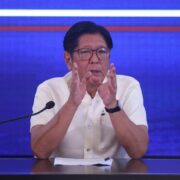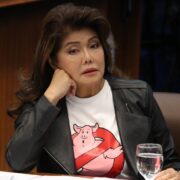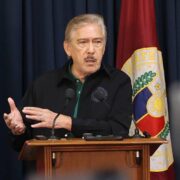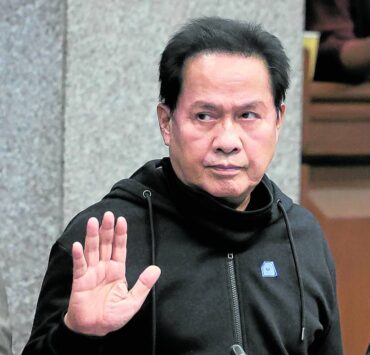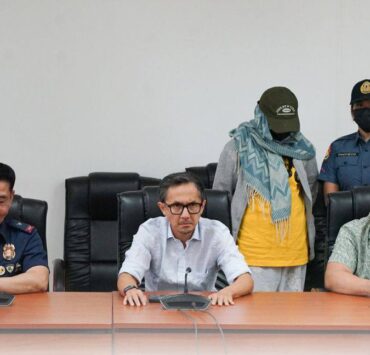Lawmaker suggests opening bicam budget meetings to public
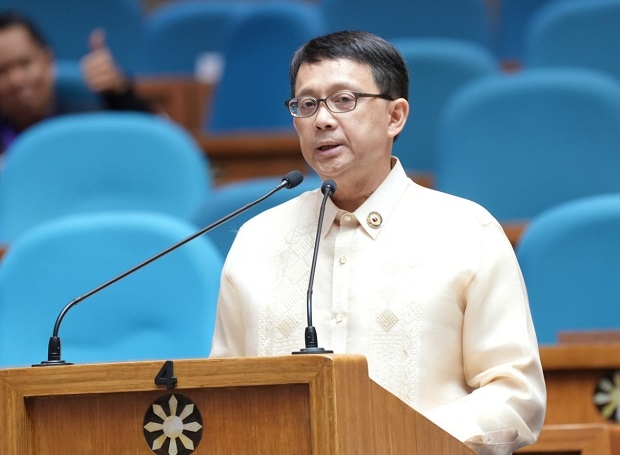
Rather than allow the executive branch to “encroach” on Congress’ mandate to approve the government’s spending plan, the legislature should devise a “constitutional and legal way” to make the budget process more transparent.
“Any official of the executive branch of government who joins the budget deliberations of Congress may encroach on the principle of checks and balances among the coequal branches of the government,” said reelected Northern Samar Rep. Paul Daza.
The lawmaker also reiterated that the 1987 Constitution mandates that “all appropriation, revenue or tariff bills, bills authorizing increase of the public debt, bills of local application, and private bills shall originate exclusively in the House of Representatives, but the Senate may propose or concur with amendments (Section 24, Article VI).”
But Daza, a deputy minority leader in the 19th Congress, said he understood President Marcos’ concerns about congressional insertions and funding cuts that emerged in the 2025 budget.
These include a massive slash to the education sector—P12 billion from the Department of Education and P14.5 billion from state universities and colleges—despite a constitutional mandate that the sector always gets the largest share in the national budget.
Critics have long assailed the opaque process of the bicameral conference committee, often called the “third congress,” as it has the power to realign public funds and insert amendments to the General Appropriations Act, often away from the public eye.
This was in contrast to the committee and plenary level deliberations which are open to the public both on-site and online.
Mr. Marcos suggested that the executive branch be allowed to participate in bicameral conference committee hearings which frequently result in funding cuts and outlays that were not even considered in the regular budget process.
Basic step
Instead, Daza suggested opening the deliberations to the media and the public.
“Our country will not prosper without proper budgeting. A basic step, the meetings of the bicam, should be accessible to the media and public. We should also share a detailed report and not just a summary of lump sums,” he said.
“Of course, people deserve to see what or where are the realignments and modifications … the people ought to see where their money is going. The reports should show all movements, all throughout …” he added.



